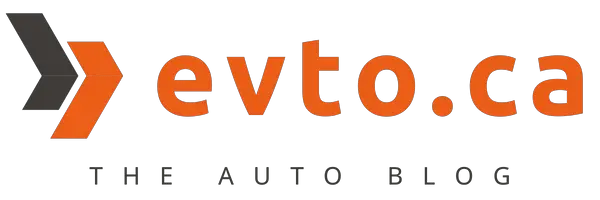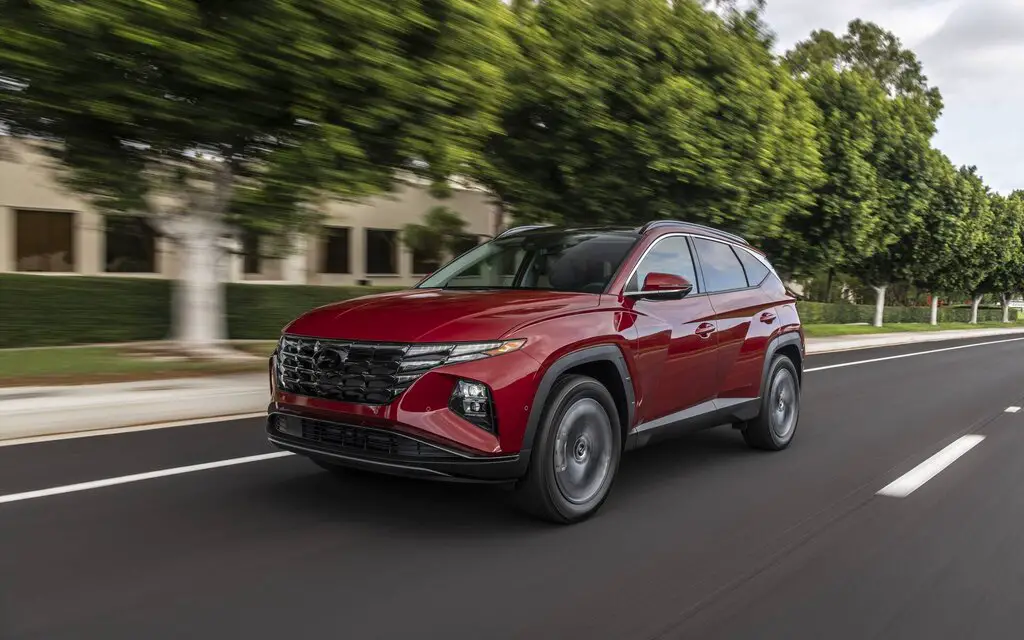If you want to import your vehicle to BC from another province or country, a vehicle inspection will be required before you can register the vehicle with ICBC. If any of the inspection parts do not pass, you will need to get them fixed or replaced before getting the vehicle examined again.
Your vehicle must be registered with ICBC before it can be issued licence plates and insurance in British Columbia. This vehicle registration is important for proving that you are the rightful owner of the vehicle. You need to ensure that the vehicle inspection and registration are done 45 days (or 1 year for salvage vehicles) after the date of import.
Before you can register your vehicle in British Columbia, it must undergo an examination. If any of the inspection parts are found to be defective, you will need to get them fixed or replaced before getting the vehicle examined again.
Some vehicles are exempt
There are some non-BC-registered vehicles that can be exempted from getting a vehicle inspection. You should always check with an Autoplan broker to be sure, but here are some examples of exempt vehicles:
- Brand new vehicles
- Some private vehicles from Alberta, Saskatchewan or Manitoba
- Heavy vehicles that are 3,501 kg or more in net weight
- Low-speed electric vehicles
- Trailers
- Motorcycles
Complete the process with license plate and registration
Your car must be registered, licensed, and insured after the inspection is finished. You can accomplish this by going to an Autoplan broker’s office. There, the broker will verify the vehicle’s odometer reading and identifying number, and then they will provide you with a license plate and registration paperwork.
You must bring the following paperwork to the broker’s office:
- A vehicle Import Form 1 with two stamps from Canada Border Services Agency (CBSA)
- CBSA document B15, B3 or B4
- The vehicle’s original Certificate of Title or Certificate of Origin
- The original bill of sale
- A “passed” inspection report, signed by the inspector, from a designated inspection facility
- You can reference ICBC’s out-of-province inspection checklist to ensure you have all the necessary documentation.
What do they check during the vehicle inspection
Several areas are inspected during the vehicle inspection, including the driver controls, body, undercarriage, and lighting and electrical systems of the vehicle. The inspector will verify your identity by comparing your driving record to the vehicle’s current registration. As well as the operation of all controls, including the windshield wipers, accelerator, brake, power steering, and any other controls that are used for operation.
Everything from your batteries to your indicator lights, headlights (including DRLs), and switches needs to be in working order. The vehicle’s chassis and unibody, in addition to the body, must be secure.
All components, including the wheels, tires, steering mechanism, shock absorbers, and ball joints, are required to meet inspection standards. The inspector will make sure that all brakes and related parts are free of obstructions and in a safe condition.
Some vehicles are exempt
There are some non BC-registered vehicles that can be exempted from getting a vehicle inspection. You should always check with an Autoplan broker to be sure, but here are some examples of exempt vehicles:
- Brand new vehicles
- Some private vehicles from Alberta, Saskatchewan or Manitoba
- Heavy vehicles that are 3,501 kg or more in net weight
- Low-speed electric vehicles
- Trailers
- Motorcycles
Special exemption for vehicles coming from Alberta, Saskatchewan or Mantitoba
Some privately owned and leased vehicles imported from Alberta, Saskatchewan, or Manitoba may be exempt from the BC vehicle safety inspection. However, it doesn’t apply to vehicles owned or leased by a company or organization or those with a salvage, rebuilt, or altered status on the Interprovincial Record Exchange or supporting documents.
The vehicle must meet the following criteria:
- Vehicle was previously registered in Alberta, Saskatchewan or Manitoba immediately prior to being imported to BC
- Owner was the same person before coming to BC as after arriving to BC
- The owner is a new BC resident or returning to be a BC resident
- The vehicle must be 4 years old or newer (including current year). If safety inspection was passed in the previous province in the past 90 days, then it can be 5 years old

